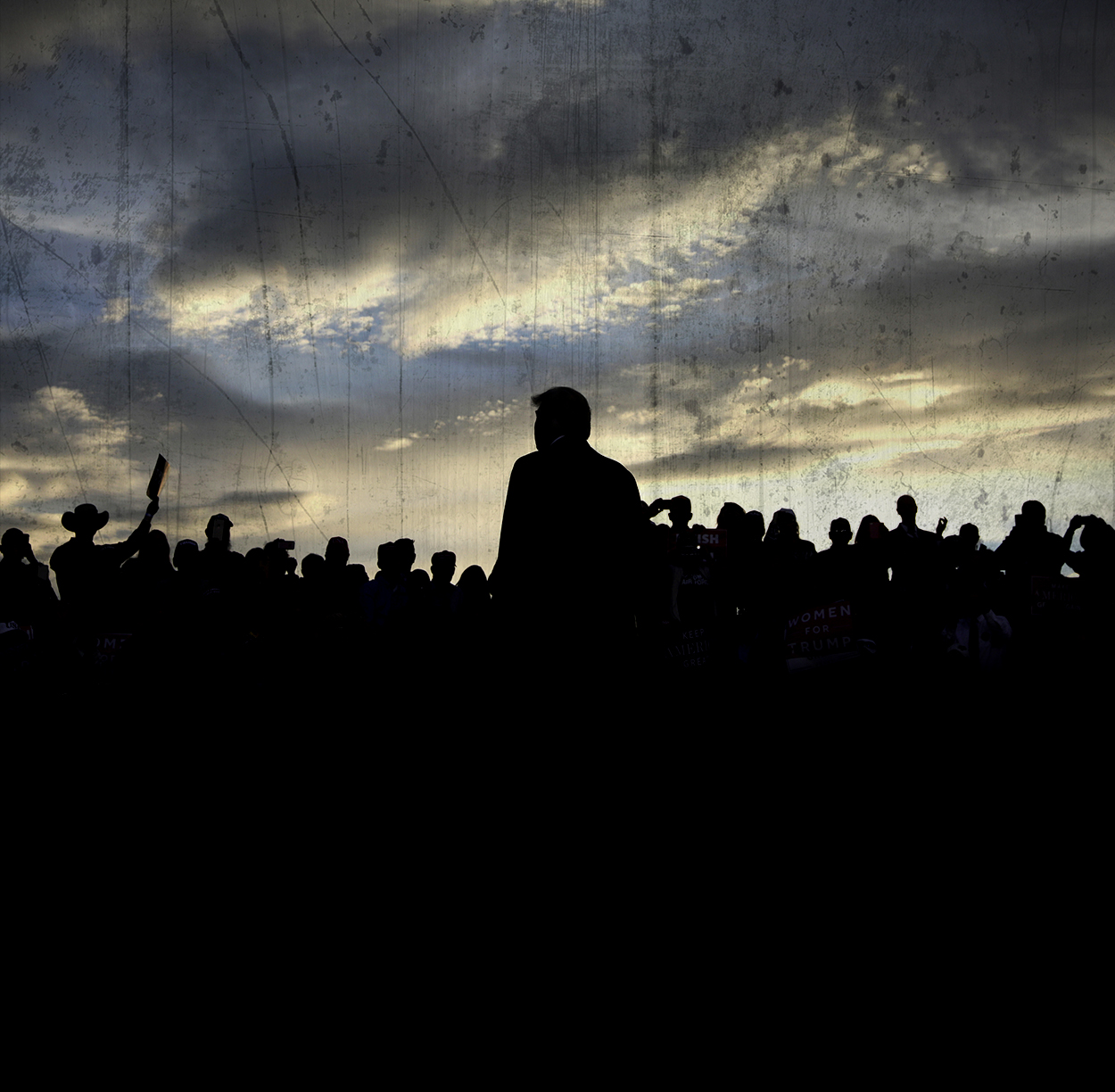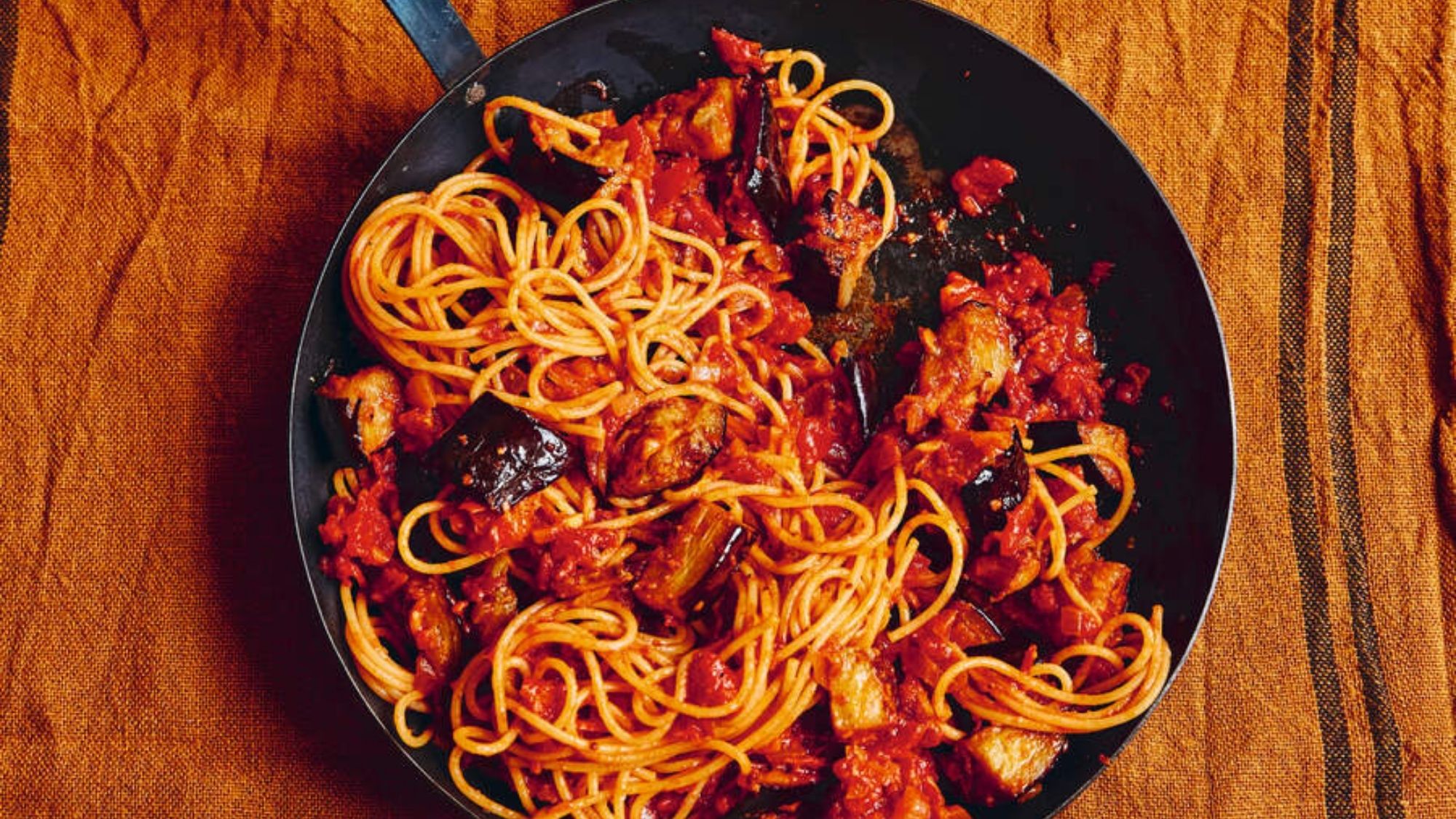Why aggressive economic policy is critical to defeating Trump
Liberals must abandon their position that the president's rise is basically all about bigotry. That's simply not true.


Democrats have spent far too many of their waking hours since Nov. 8, 2016, in a semi-depressed state of wondering how, exactly, America ended up with President Trump.
This tired debate got a new injection last week, in the form of a study by Tyler Reny, Loren Collingwood, and Ali Valenzuela that examined the political attitudes of voters who switched from Barack Obama to Donald Trump. Writing up the study at Vox, Zach Beauchamp (not for the first time) claimed victory for the liberal position that Trump's rise was basically all about racism, saying the study provides "tremendous evidence that Trump voters were motivated by racial resentment (as well as hostile sexism), and very little evidence that economic stress had anything to do with it."
There is no reason to doubt the strictly empirical findings of this study. But its theory of political causation is incomplete at best. And it does nothing to provide remotely conclusive disproof of the position that Trump's rise was about more than racism. (Quite obviously, there were real economic factors at play, too, as leftists have long argued.)
The Week
Escape your echo chamber. Get the facts behind the news, plus analysis from multiple perspectives.

Sign up for The Week's Free Newsletters
From our morning news briefing to a weekly Good News Newsletter, get the best of The Week delivered directly to your inbox.
From our morning news briefing to a weekly Good News Newsletter, get the best of The Week delivered directly to your inbox.
The reason this rearview-mirror watching matters is that over-interpreting this kind of paper could lead to a dangerous political place. What if it caused Democratic politicians to falsely conclude that class politics will be no good at all in combating Trumpism? If anything, class politics are the key to Democratic success in 2020 and beyond.
The study's authors used polling data to examine people who switched their votes from 2012 to 2016, and then correlated those votes with views on social matters. "White voters who held punitive immigration or racially conservative views were more likely to switch to Trump in the 2016 election," they wrote, while finding "marginally small or no associations between any of our economic indicators and vote switching in either direction."
What's most problematic here is the background behavioral assumption, which is largely about individual logic. The idea is that by examining individual attitudes and decisions, we can infer the logical thought process that must have led to their decision. These Obama-Trump voters had racist opinions, but were not economically victimized, therefore they must have decided to vote for Trump based on racism.
As Steve Randy Waldman points out, this is not remotely how people behave. Humans are social creatures, and reason collectively. Individual voters might well be doing fine personally but still be furious about communal economic decline — while much poorer non-voters are left out of the sample entirely.
A free daily email with the biggest news stories of the day – and the best features from TheWeek.com
In any case, even if we grant that somehow Obama-Trump voters had a sudden attack of racism, that still does not rule out economic factors in the rise of those racist views. One mechanism is scapegoating: blaming rough economic times on minorities, like, say, the way Trump has blamed immigrants for "taking your jobs." (Remember, the authors find anti-immigrant views heavily associated with Obama-Trump voters.)
This refutes another liberal argument — the idea that since minorities are disproportionately working-class yet (mostly) voted against Trump, class must not have had anything to do with his victory. Of course the targets of scapegoating (and racist attacks generally) are not going to be convinced by such rhetoric, but that doesn't rule out an economic appeal to non-minorities.
Capitalist dysfunction, above all the 2008 crisis, has discredited Republican Party economic orthodoxy. One peculiar aspect of Trump's victory was that he won his primary victory on very heterodox grounds, promising to pursue full employment and protect Social Security, Medicare, and Medicaid. That has since been mostly forgotten because he betrayed all those promises, and returned to orthodox GOP tax cuts, welfare cuts, and deregulation — but it still shows that basically nobody, not even Republican primary voters, wants that kind of crap.
As a result, Republicans have leaned more and more heavily on blatantly whipping up race prejudice and other bigotry, because it's all they have to offer. To distract from the Republican donor class picking the nation's pocket, they feed their base voters a steady diet of stories about grisly (and wildly unrepresentative) immigrant crimes, Colin Kaepernick kneeling during the national anthem, fruitcake racist conspiracy theories about white genocide in South Africa, and so on.
The view that Obama-Trump supporters are motivated entirely by implacable bigotry might easily lead one to give up on winning them back, and perhaps on the Rust Belt states where they generally live. But this whole dynamic used to be a lot easier to understand. In 2015, before this topic became a Hillary Clinton-Bernie Sanders proxy war, none other than Zack Beauchamp wrote up a study demonstrating that far-right parties across Europe gained hugely at the polls after the 2008 crisis. The fairly obvious conclusion is that economic crisis fuels right-wing extremism, for all the reasons outlined above (and others).
Aspiring politicos should take that lesson to heart, and remember that class policy is critical for combating incipient fascism. Most obviously, financial crises and severe recessions must be fought tooth and nail. Obama's pint-sized Recovery Act was the opposite of aggressive; his sneaky use of "foreclosure assistance" to give another backdoor bailout to the banks badly worsened the economic carnage. Ten percent unemployment meant Democrats got obliterated in the 2010 midterms, and enabled the further radicalization of the right.
Going forward, class attacks really should be strong weapons against Trump and his party. While Democrats are not terribly popular in a lot of Trumpy states, it remains true that almost no one wants Republican orthodoxy (much less the frenzy of open looting and corruption at the very highest levels of government), and class policy can be extremely popular in the right context. Medicare-for-all polls at 70 percent, while worker codetermination polls at 53 percent. Even in Missouri, where Trump won by nearly 20 points, a ballot initiative to overturn a union-busting law sailed through 2 to 1.
Since the 2008 crash and the ensuing disastrously weak recovery, America has had repeated backlash elections, with the public first turning out one party and then the other. It's likely that the Democrats will be the beneficiaries of the next wave. If they win control in 2020, it will be critical to seize the initiative, and not squander their power as Obama and his party did in 2009.
Ryan Cooper is a national correspondent at TheWeek.com. His work has appeared in the Washington Monthly, The New Republic, and the Washington Post.
-
 Ultimate pasta alla Norma
Ultimate pasta alla NormaThe Week Recommends White miso and eggplant enrich the flavour of this classic pasta dish
-
 Death in Minneapolis: a shooting dividing the US
Death in Minneapolis: a shooting dividing the USIn the Spotlight Federal response to Renee Good’s shooting suggest priority is ‘vilifying Trump’s perceived enemies rather than informing the public’
-
 5 hilariously chilling cartoons about Trump’s plan to invade Greenland
5 hilariously chilling cartoons about Trump’s plan to invade GreenlandCartoons Artists take on misdirection, the need for Greenland, and more
-
 The billionaires’ wealth tax: a catastrophe for California?
The billionaires’ wealth tax: a catastrophe for California?Talking Point Peter Thiel and Larry Page preparing to change state residency
-
 Bari Weiss’ ‘60 Minutes’ scandal is about more than one report
Bari Weiss’ ‘60 Minutes’ scandal is about more than one reportIN THE SPOTLIGHT By blocking an approved segment on a controversial prison holding US deportees in El Salvador, the editor-in-chief of CBS News has become the main story
-
 Has Zohran Mamdani shown the Democrats how to win again?
Has Zohran Mamdani shown the Democrats how to win again?Today’s Big Question New York City mayoral election touted as victory for left-wing populists but moderate centrist wins elsewhere present more complex path for Democratic Party
-
 Millions turn out for anti-Trump ‘No Kings’ rallies
Millions turn out for anti-Trump ‘No Kings’ ralliesSpeed Read An estimated 7 million people participated, 2 million more than at the first ‘No Kings’ protest in June
-
 Ghislaine Maxwell: angling for a Trump pardon
Ghislaine Maxwell: angling for a Trump pardonTalking Point Convicted sex trafficker's testimony could shed new light on president's links to Jeffrey Epstein
-
 The last words and final moments of 40 presidents
The last words and final moments of 40 presidentsThe Explainer Some are eloquent quotes worthy of the holders of the highest office in the nation, and others... aren't
-
 The JFK files: the truth at last?
The JFK files: the truth at last?In The Spotlight More than 64,000 previously classified documents relating the 1963 assassination of John F. Kennedy have been released by the Trump administration
-
 'Seriously, not literally': how should the world take Donald Trump?
'Seriously, not literally': how should the world take Donald Trump?Today's big question White House rhetoric and reality look likely to become increasingly blurred
